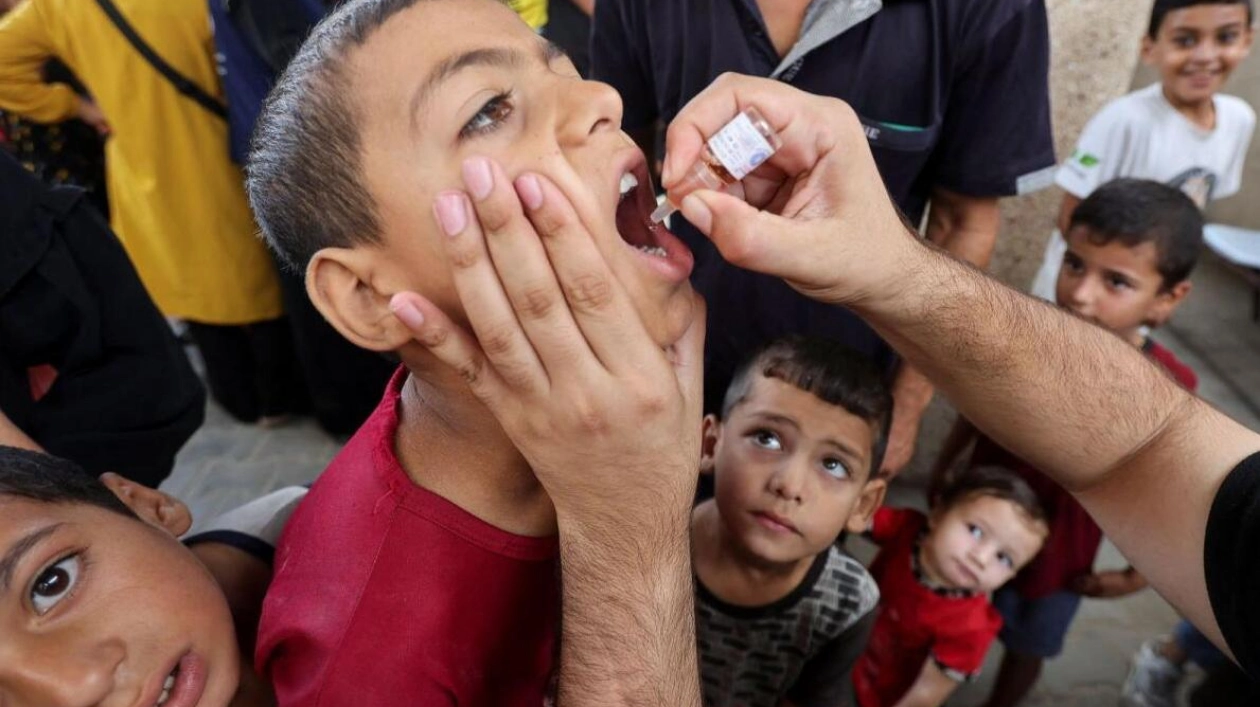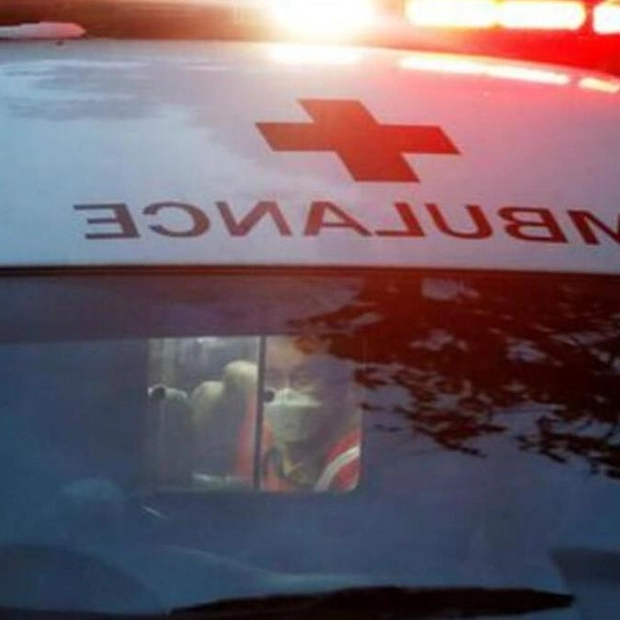In August, health authorities in the Gaza Strip confirmed the first case of polio in the Palestinian territory in 25 years. The United Nations, in partnership with Palestinian health authorities, initiated a vaccination campaign on Sunday targeting approximately 640,000 children. Israel and Hamas agreed to temporary ceasefires in their ongoing conflict to facilitate this effort.
The polio strain detected in Gaza is the same type 2 vaccine-derived polio virus found in wastewater samples in developed countries, including six samples from Khan Younis and Deir Al Balah in July. Genetic sequencing indicates a similarity to a variant detected in Egypt, possibly introduced since September 2023, according to the WHO. The re-emergence of polio is attributed to a decline in routine vaccinations in the Occupied Palestinian Territories, with coverage dropping from 99% in 2022 to 89% in 2023. The closure of many hospitals in Gaza due to Israeli strikes or fuel restrictions has also contributed to lower vaccination rates. Israel accuses Hamas of using hospitals for military purposes, while aid workers highlight poor sanitation conditions in Gaza as conducive to the virus's spread.
The vaccination program is organized with Israel and Hamas agreeing to three-day ceasefires in different zones of Gaza. The campaign started in central Gaza with daily pauses and is set to move to southern and northern Gaza with additional three-day pauses. Vaccines from global emergency stockpiles have arrived and will be administered to 640,000 children under 10 years old by 2,700 healthcare workers at medical centers and mobile teams. The WHO emphasizes the need for at least 95% coverage for a successful roll-out. A second round of vaccinations is planned for late September.
The polio case in Gaza represents a setback in the global fight against the disease, which has seen a 99% reduction in cases since 1988 due to mass vaccination campaigns. Wild polio is now endemic only in Pakistan and Afghanistan, but more than 30 countries, including Egypt and Israel, are still at risk of outbreaks. The WHO warns of the potential for further polio spread within Gaza and across borders due to poor health and hygiene conditions. Poliomyelitis, primarily spread through the faecal-oral route, is a highly infectious virus that can cause paralysis and death, especially in young children under two years old, although it often shows no symptoms.






